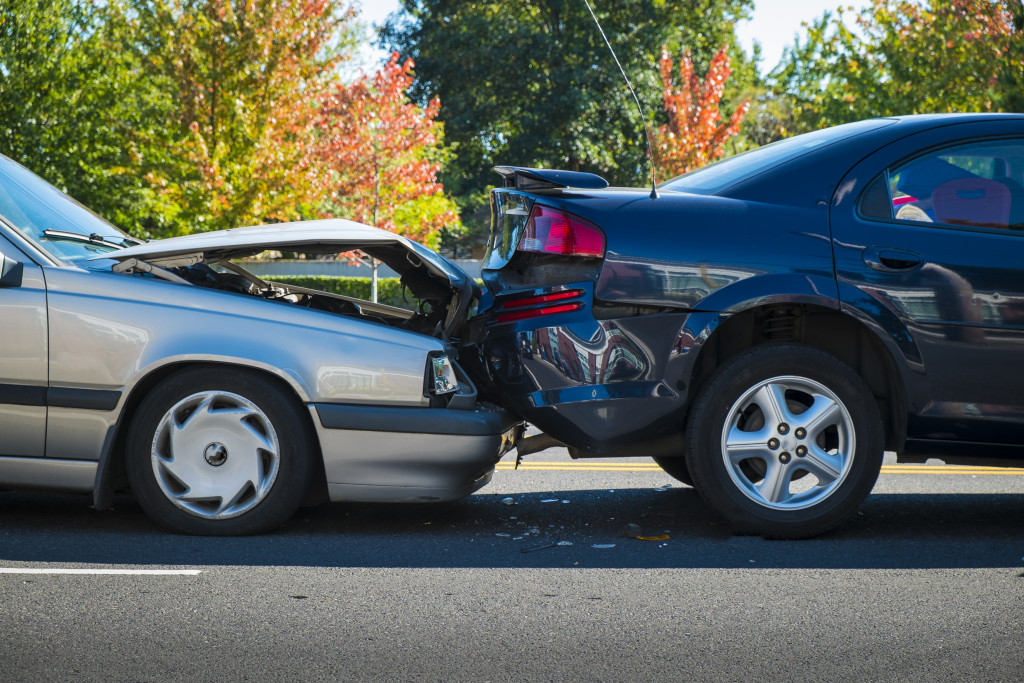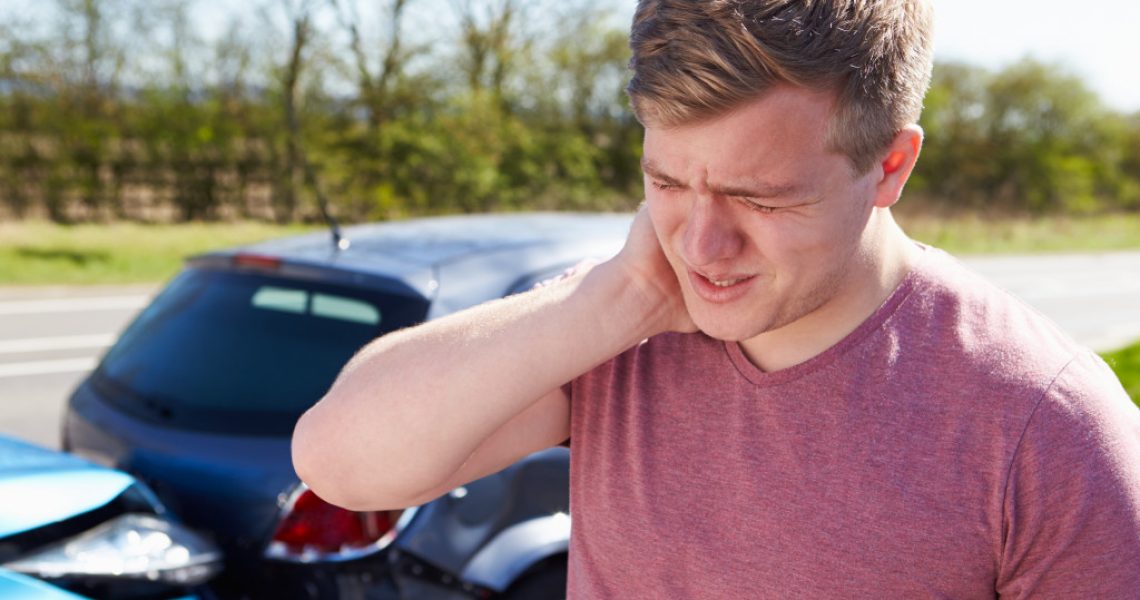The saddest part about getting into a major car accident is not the financial aspect, though that seems to be in most victims’ minds. The saddest and most exhausting part about it is the mental health anguish that victims have to endure in the coming months and even years. Many survivors of car crashes have not been able to go behind the wheel of a car for years, so you can only imagine how mentally exhausting this is for everyone.
Most people are indeed so focused on the financial and physical setbacks of a major car accident that mental health takes a backseat. But in the long run, both physical injuries and financial damage will heal. The victims, however, will have to face the mental health impact of the accident alone. The psychological impact of the accident will have a long-term effect on the survivors’ abilities to build personal relationships, trust, work, productivity, and general well-being.
If you or anyone you know have been in a serious car accident, don’t hesitate to reach out and seek professional help. It’s not just the mental well-being that is at stake. Even the way you see yourself will be different, especially if you suffered injuries on your face and body. A reconstructive surgery, such as the one offered by Anna Burns Permanent Cosmetics in Atlanta, will help with your physical injuries. But you still have to face the mental health problems the accident brings.
Acute and Post-traumatic Stress Disorder
The most common mental health problems among people who experienced car accidents are acute and post-traumatic stress disorders (PTSD). Motor vehicle crashes are the number one cause of PTSD outside military reasons. The symptoms of PTSD range from having flashbacks of the accident to being paranoid to avoiding places that remind the person of the accident. Acute stress disorder has many of the same symptoms, but they only last for less than four weeks.
The problem with untreated PTSD is that it leads to anger issues, loneliness and depression, and suicidal thoughts. Victims of car crashes should never have to face these alone. Don’t assume that symptoms of PTSD will go away on their own. They usually last for a long time if left untreated.

Anxiety
It’s normal for people to be mildly anxious months after a car accident. What is not normal is for them to feel severe levels of stress and anxiety months after the car crash. According to research, females are more susceptible to high levels of anxiety since around 70% of them suffer from it a month after the accident. In comparison, 15% still experience it moderately six to eight months later.
The problem with anxiety is that it doesn’t sound alarming. How many times have you experienced mild levels of anxiety because you’re going to a job interview or you’re going on a first date? Anxiety because of a car crash is not like that. This kind of anxiety can lead to phobias, panic attacks, sleep disorders, and physical symptoms such as dizziness, muscle tension, nausea, and chest pain. If the survivors have asthma, heart disease, and high blood pressure, this is a cause for concern, too.
Anxiety is not “just stress.” People who are “strong enough” don’t magically get better. In the United States, anxiety is the most common mental health problem, which means there’s more to it than meets the eye. You need to seek professional help for prolonged anxiety due to a car accident.
Major Depressive Disorder
Depression is common to both survivors of an accident and the general population. For victims of a car crash, depression comes from physical injuries and pain that the victims feel or have caused to others. It is hard to pinpoint the symptoms of depression because people are often great at hiding them. The most common signs are feelings of guilt and worthlessness, fatigue and lack of energy, suicidal thoughts, and weight loss or gain. If the person also has trouble sleeping and relaxing, that’s another sign of clinical depression.
A car crash can cause depression because survivors who sustained physical injuries may no longer enjoy the activities they once did. If they cannot work, play, and exercise because of the injuries, that is reason enough for depression. Likewise, they may also experience stress because of the financial impact of the accident. Depressed people need all the help they can get from their families and friends, as well as from medical experts.
If you’ve survived a car crash, you know how hard it is to cope with the feelings afterward. But as with many victims and survivors, the difference is accepting these feelings and knowing how to deal with them. Reaching out to the right people will help you come out of the incident thriving.

